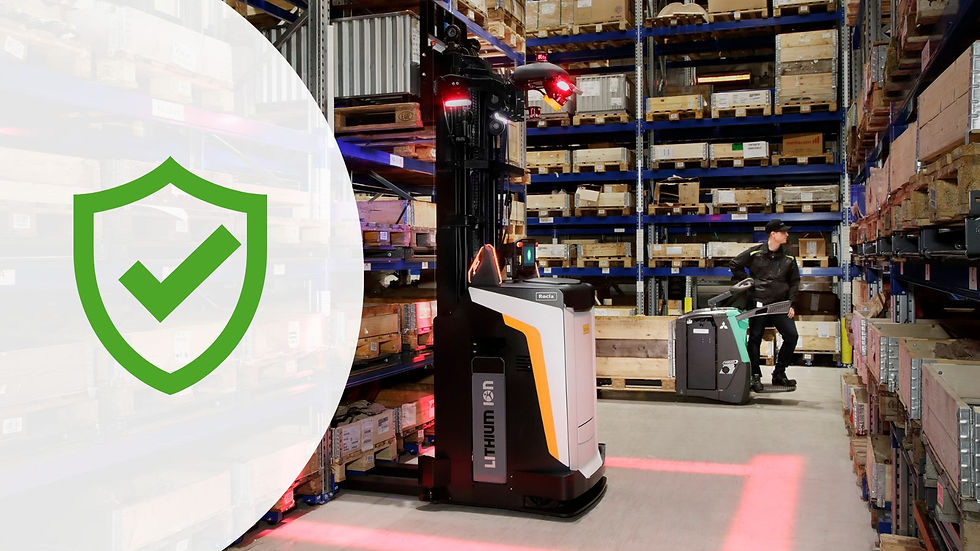Applications of a cobot: unlock the true potential of Dobot's CR Series
- REBOTS TK
- Jul 10, 2023
- 2 min read
Updated: Jul 11, 2023
Collaborative robots, also known as cobots, have revolutionized the industrial landscape by seamlessly integrating human-machine collaboration. One such remarkable example is Universal Robots, nevertheless the CRS Series by Dobot has been a very refreshing and innovative change in the market. Their SafeSkin technology allows the robot to detect humans by sensing an interference in the magnetic field and thus avoiding collision altogether.
This CR Series offers an array of applications across various industries, empowering businesses to streamline operations, enhance productivity, and ensure workplace safety. Today we will explore the diverse industries where these cobots can unlock their true potential.
Manufacturing and Assembly:
The manufacturing industry has witnessed a significant transformation with the introduction of cobots. The CR Series finds extensive use in assembly lines, where they can handle repetitive and precise tasks with ease. These cobots can collaborate with human workers in functions such as parts assembly, pick and place operations, quality inspection, and packaging, increasing overall efficiency and reducing production time.
Electronics and Semiconductor:
In the electronics industry, where precision, electrical overstress (EOS) and delicate handling are crucial, robots are essential. Cobots ,for example, excel in applications like circuit board testing, soldering, component placement, and product inspection. By taking over repetitive tasks that are prone to human error, cobots improve quality control, accelerate production, and optimize the manufacturing process.
Logistics and Warehousing:
The collaborative robots prove invaluable in the logistics and warehousing sector, where the demand for efficient and accurate order fulfilment is high. These cobots can work alongside human workers to load and unload items, sort packages, and perform inventory management tasks. By automating these processes, businesses can reduce manual labour costs, minimize errors, and enhance overall warehouse productivity.
Healthcare and Laboratories:
Cobots have found their way into the healthcare industry, supporting medical professionals in various tasks. In laboratories, they can handle repetitive and time-consuming procedures like pipetting, sample handling, and labelling, allowing scientists to focus on complex analysis and research. Cobots also aid healthcare professionals in patient assistance, material handling, and sterilization, promoting safer and more efficient healthcare environments.
Food and Beverage:
The CR Series cobots bring numerous benefits to the food and beverage industry. In food processing and packaging, cobots ensure hygienic operations by reducing human contact and minimizing the risk of contamination. They can handle tasks like sorting, packaging, palletizing, and even cooking in commercial kitchens, improving productivity and consistency while adhering to strict food safety standards.
Education and Research:
Cobots are increasingly being incorporated into educational institutions and research facilities to facilitate hands-on learning and experimentation. The CR Series cobots can assist students in gaining practical knowledge in robotics, automation, and programming. Researchers also benefit from cobots in data collection, sample handling, and repetitive experimentation, allowing them to focus on analysis and innovation.
As we have explored, the applications of these cobots sometimes go beyond imagination, empowering businesses to accomplish tasks in ways previously unimagined.
The Dobot CR Series cobots offer a wide range of applications across various industries, revolutionizing traditional work processes and promoting collaboration between humans and robots. The potential of cobots is limitless, and the CR Series stands at the forefront of this transformative robotic revolution.




Comments